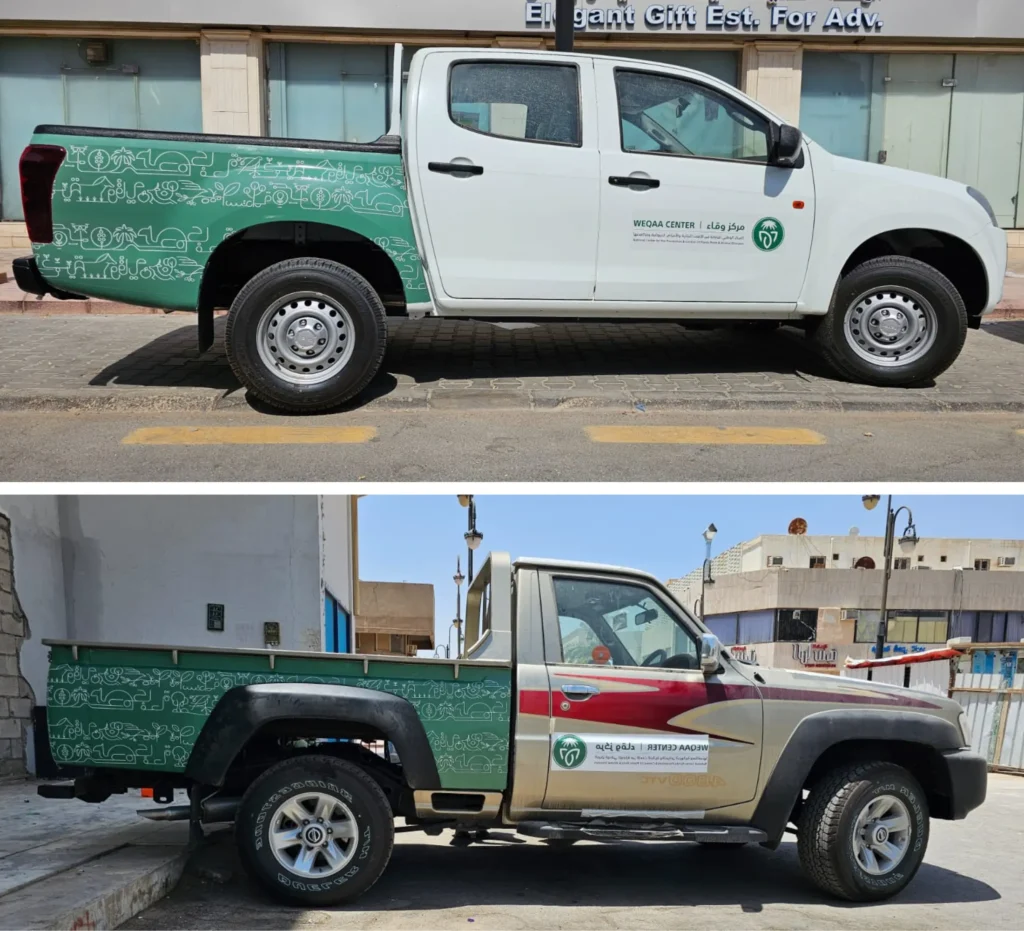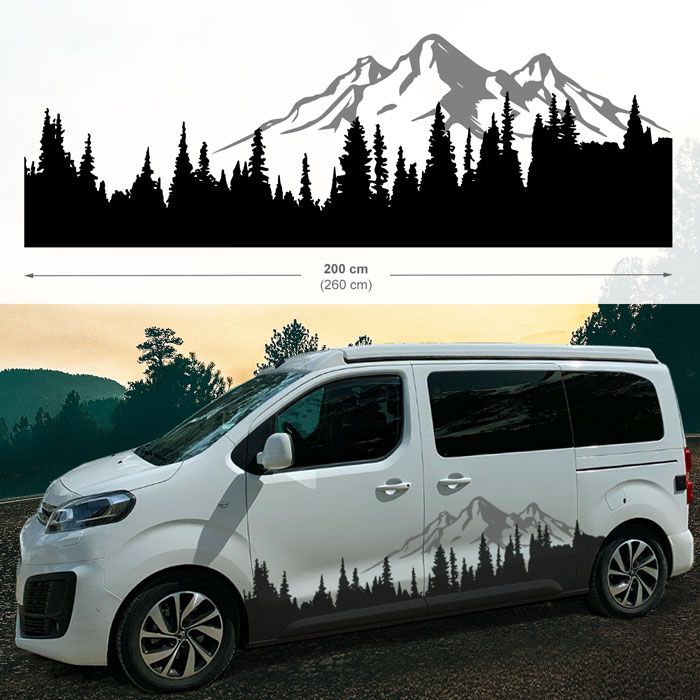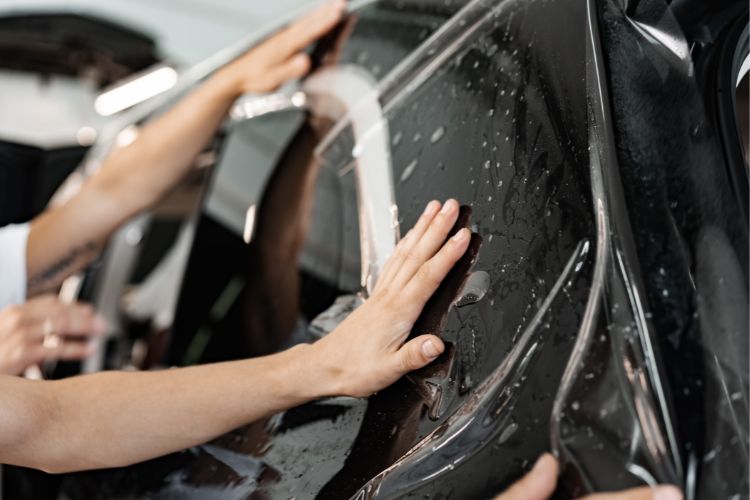The Best Materials for Car Stickers to Withstand Weather Conditions
Car stickers are widely used for various purposes—whether for commercial advertising, decoration, or protection. However, vehicles are exposed to weather elements such as high temperatures, humidity, UV rays, and rain. That makes it essential to choose materials that ensure the sticker remains intact for a long period without fading or damage.
This article aims to analyze the best types of materials used in manufacturing car stickers, highlighting their properties, weather resistance, and ideal applications for each type.
Why Choosing the Right Material Matters
The durability of a car sticker largely depends on the quality of its material. When selecting a sticker for a vehicle, it’s important to consider:
-
Heat and Sun Resistance
High temperatures may cause adhesives to melt or the sticker to peel. Ultraviolet rays quickly fade colors. -
Water & Humidity Resistance
The material must resist water to remain intact during washes or rain exposure. -
Flexibility & Durability
Materials like vinyl that offer high flexibility can withstand temperature-induced expansion and contraction. -
Ease of Application & Removal
Some materials can be removed cleanly without leaving residue, while others may require special solvents.
Weather-Resistant Sticker Materials
1. Vinyl Stickers
-
Properties: Made from flexible, thick, weather-resistant materials; printable with vibrant, long-lasting colors.
-
Benefits: Highly resistant to water and UV exposure; easy to apply and remove with high-quality options; available in matte and glossy finishes.
-
Ideal For: Promotional vehicle decals, aesthetic enhancement, and protecting paint from scratches and environmental damage.
2. PVC Stickers
-
Properties: Manufactured with durable, flexible Polyvinyl Chloride.
-
Benefits: Strong resistance to water and harsh environmental conditions; longer lifespan compared to other materials.
-
Ideal For: Full vehicle wraps, large-scale promotional graphics, and protective layers against abrasion.
3. Polyester Stickers
-
Properties: Made from polyester fibers with high durability but less flexibility than vinyl.
-
Benefits: Excellent heat, tear, scratch, chemical, and oil resistance; unaffected by moisture or harsh conditions.
-
Ideal For: Warning labels, technical spec decals, and applications requiring heavy-duty protection.
4. Protective Clear Films
-
Properties: Transparent layers that adhere without altering the appearance of the underlying surface.
-
Benefits: Protects paint from scratches, dirt, UV rays, and rain while remaining visually unobtrusive.
-
Ideal For: Preserving new paint jobs, shielding from gravel and dust, and safeguarding high-impact areas like door edges and side mirrors.
Factors Affecting Sticker Performance
-
Adhesive Quality
Strong, high-grade adhesives ensure long-lasting adhesion without residue during removal. -
UV Protection
UV-resistant coatings prevent color fading and maintain visual clarity over time. -
Sticker Thickness
Thicker materials offer greater durability but may be harder to apply seamlessly. -
Printing Technique
Using waterproof and UV-resistant inks ensures longevity of the printed colors.
Proper Installation Steps
To ensure optimal adhesion and longevity:
-
Clean the surface thoroughly with cleaners that remove oils and dust.
-
Dry the surface completely to prevent trapping air and creating bubbles.
-
Apply the sticker carefully, using a flat applicator to smooth out air pockets.
-
Press down the edges firmly to secure them against peeling.
-
Allow a 24-hour curing period before exposing the car to washing or extreme weather.
Post-Installation Care Tips
-
Avoid high-pressure washing, especially around the edges.
-
Use mild, non-abrasive cleaners to maintain color integrity.
-
Limit exposure to extreme heat for prolonged periods.
-
Inspect periodically for any signs of peeling or damage.
Conclusion
Selecting the right material for car stickers is essential to ensure durability and weather resistance. Vinyl remains the most popular choice for its versatility and resilience, while PVC and polyester offer strong alternatives for industrial or promotional needs. Choosing high-quality materials allows your stickers to retain their appearance and adhesion for longer periods.










